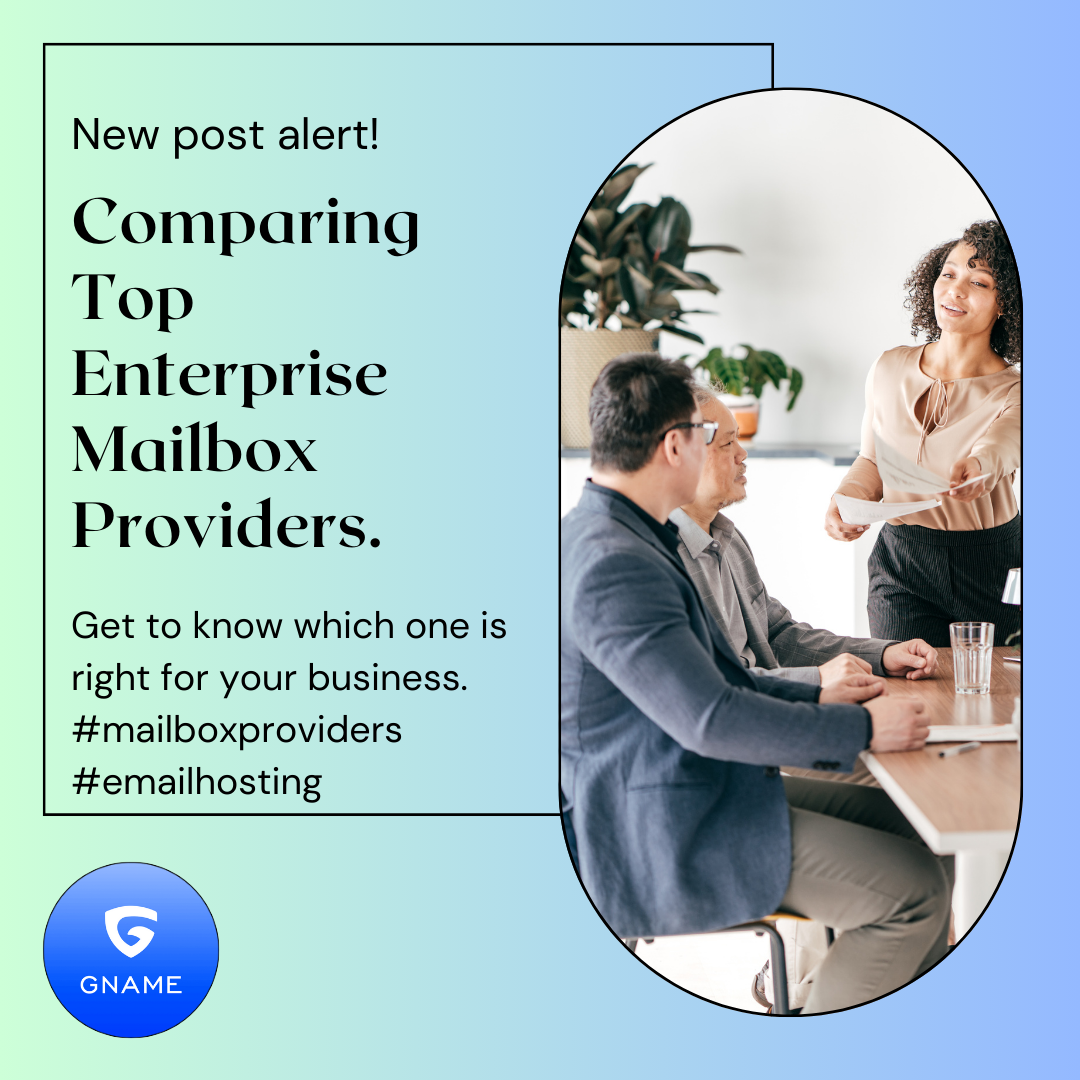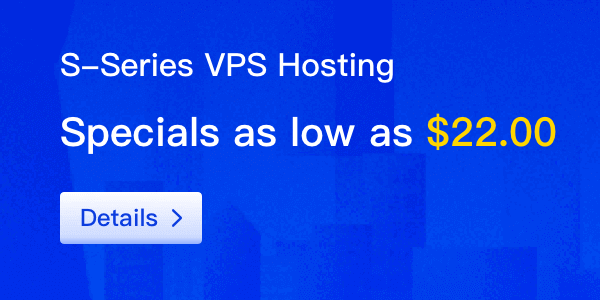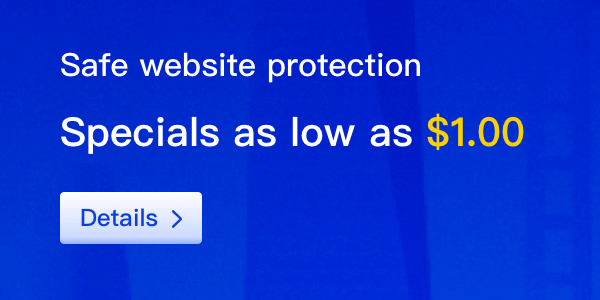Email is one of the most important communication tools for businesses, and choosing the right enterprise mailbox provider is crucial for efficient email management and productivity. There are many options available in the market, each with different features, pricing plans, and security measures. In this blog post, we will compare three popular enterprise mailbox providers - Google Workspace, Microsoft 365, and Zoho Mail - to help you make an informed decision.

Google Workspace
Google Workspace, formerly known as G Suite, is a cloud-based productivity suite that offers a range of tools, including Gmail, Google Drive, Google Docs, and Google Meet. It is a popular choice for businesses of all sizes, from startups to enterprises, due to its user-friendly interface and collaboration tools. With Google Workspace, you can manage your email, calendar, and documents in one place, making it easy to stay organized and productive.
One of the biggest advantages of Google Workspace is its integration with other Google tools, such as Google Analytics, Google Ads, and Google Search Console. This makes it a great choice for businesses that rely heavily on Google tools for their day-to-day operations. Google Workspace also offers robust security features, such as two-factor authentication, data loss prevention, and mobile device management, to keep your data safe from cyber threats.
Microsoft 365
Microsoft 365, formerly known as Office 365, is a cloud-based productivity suite that includes tools like Outlook, Word, Excel, PowerPoint, and Teams. It is another popular option for enterprise mailbox providers, especially for businesses that already use other Microsoft tools. With Microsoft 365, you can access your email, calendar, and documents from anywhere, on any device.
One of the biggest advantages of Microsoft 365 is its integration with other Microsoft products, such as SharePoint, OneDrive, and Dynamics 365. This makes it a great choice for businesses that rely heavily on Microsoft tools for their day-to-day operations. Microsoft 365 also offers robust security features, such as multi-factor authentication, Advanced Threat Protection, and Data Loss Prevention, to keep your data safe from cyber threats.
Zoho Mail
Zoho Mail is a lesser-known option, but still a strong contender in the enterprise mailbox provider market. It is a cloud-based email hosting service that offers a range of features, including email hosting, calendar, contacts, and task management. Zoho Mail has a strong focus on privacy and security, with features such as two-factor authentication, SSL/TLS encryption, and anti-spam filters.
One of the biggest advantages of Zoho Mail is its pricing. It offers a range of plans, including a free plan for up to 5 users, making it a great choice for small businesses and startups with a limited budget. Zoho Mail also offers a range of integrations with other Zoho products, such as Zoho CRM, Zoho Projects, and Zoho Books, to streamline your business processes.
Conclusion
Choosing the right enterprise mailbox provider for your business depends on your specific needs and preferences. When making your decision, consider factors such as pricing, security, integrations with other tools, and ease of use. All three providers - Google Workspace, Microsoft 365, and Zoho Mail - offer a range of features and benefits, so it's important to compare them carefully before making a decision. With the right provider, you can streamline your email management and improve collaboration within your organization.






















